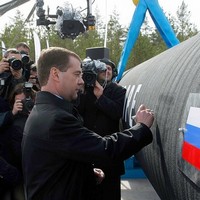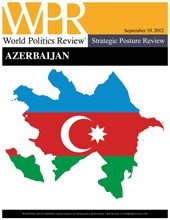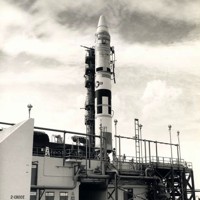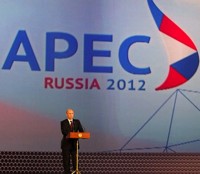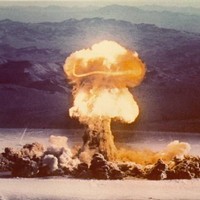
Yesterday marked the 16th anniversary of the opening for signature of the Comprehensive Test Ban Treaty (CTBT). Although it has not become a campaign issue, ratification of the treaty will be a question facing the next U.S. presidential administration, with important implications for a wide range of U.S. nuclear nonproliferation goals. The CTBT prohibits all nuclear explosions, whether for military or other purposes, in any environment. As of today, 183 national governments out of 196 possible signatories have signed the CTBT, and 157 countries have ratified it. The treaty specifies, however, that it will only enter into force 180 days […]

